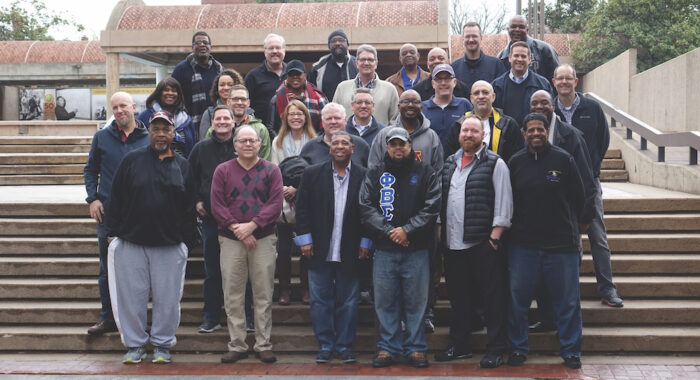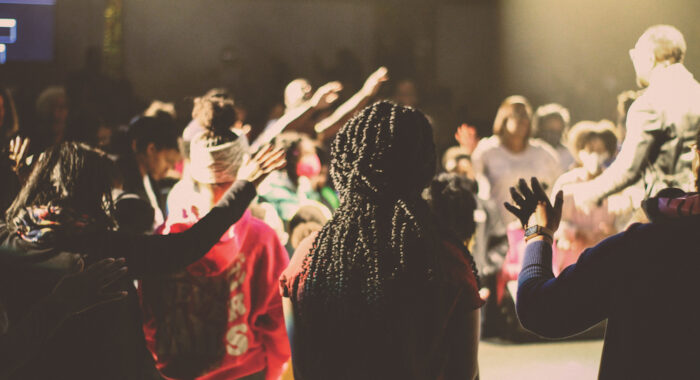If your church had to close its doors next week, would anyone in your community notice? Is your church essential to the lives of your members? Or is it treated more like a convenience?
God designed the Church to be a city on a hill. The salt of the earth. The light of the world. An army, pushing back the kingdom of darkness and building the kingdom of God. A family, bearing one another’s burdens, loving deeply and serving sacrificially as each member grows more and more into the likeness of Christ.
And yet, the harsh reality is that many of our churches have far too little influence on the lives of those who attend. In the United States, we are so entangled in confusing conversations about polarizing views that the love of Christ often gets left behind in our arguments. In the end, the message most society hears about Christians doesn’t reflect the command we were given to act justly, love mercy and walk humbly with God. We end up being known for everything except our love.
Until the Church decides this is a legacy we cannot accept, we will continue to perpetuate a cycle of faulty faith and shallow witness.
So what’s the alternative? We go back to the gospel — the whole gospel. Rather than accepting a truncated view of the gospel that only addresses spiritual brokenness, we embrace a holistic understanding of reconciliation and restoration — one that acknowledges how Christ has come to make all things new, to restore all that has been broken spiritually, emotionally, economically and socially.
The gospel has an answer for the everyday issues you and your neighbors are facing. In fact, the gospel is essential to the holistic well-being of every single person in your congregation and community. But when we present a truncated view of the gospel, we shortchange the transformation and healing offered in Jesus, and people miss out on learning how the gospel can transform their everyday lives.
In order to become a Church that is essential — both to the community and to the Body of believers — we must engage spiritual, emotional, economic and social needs. We must believe and embrace the gospel, teaching about the God who came down as a man and ministered to the holistic needs of the people he served. When we do this and fight for ways to live it out, then we begin to see and experience the restoration made possible to us because of Christ’s work on the cross. Only then will the Church embrace her true identity and live out the essential role she was made for.
“He who was seated on the throne said, ‘I am making all things new!’” (Revelation 21:5).
Watch Dhati Lewis' Session at Flourish ![Arrow]()
Dhati Lewis is lead pastor of Blueprint Church in Atlanta, Georgia, and president of Send Network with the North American Mission Board. He is the author of both the Bible Study and book, “Among Wolves: Disciple Making in the City and Advocates: The Narrow Path to Racial Reconciliation.” Lewis completed his undergraduate studies from the University of North Texas. He later earned a master’s degree from Dallas Theological Seminary and a D.Min. in Great Commission mobilization from Southeastern Baptist Theological Seminary.




 View All Articles
View All Articles 






























